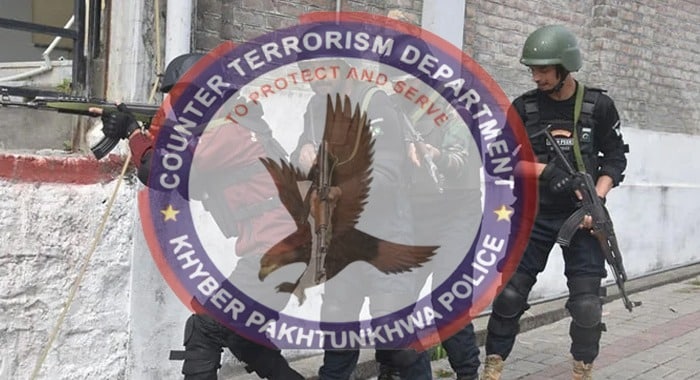The mystery surrounding the assassination of religious scholar Mufti Munir Shakir in an IED blast has finally been cracked. After weeks of painstaking investigation, CTD Peshawar successfully identified the gang behind the killing, a network of militants linked to multiple acts of terror. While several members have been apprehended, efforts are ongoing to track down the remaining fugitives.
This breakthrough marks just one in a series of recent major operational successes by the Counter Terrorism Department (CTD) Khyber Pakhtunkhwa, which has steadily intensified its crackdown on terrorism across the province.
In another significant operation, CTD Peshawar dismantled a terror network responsible for 18 separate attacks in the settled areas of Peshawar. Among their targets were law enforcement personnel, including the martyrdom of DSP Sardar Hussain Khan and 14 other police officials. The arrests dealt a serious blow to a group that had long operated with impunity in the region.
Acting on intelligence gathered during ongoing investigations, CTD teams also conducted successful raids that led to the recovery of arms, ammunition, and explosives. These included fully-assembled IEDs and materials intended for imminent attacks. Notably, at least six sensitive installations that had been under terrorist reconnaissance were secured in time, thwarting what could have been devastating strikes.
The CTD has also made progress in a number of targeted killings of religious scholars, identifying the groups involved and launching follow-up operations to pursue those still at large.
Perhaps most critically, a dangerous Daesh Khurasan cell has been neutralised. This group was behind the suicide attack in Peshawar on 11 May 2025, and its dismantling removes a direct threat to urban stability in the provincial capital.
These operations reflect not only the CTD’s renewed operational vigour, but also the impact of a deliberate push to strengthen its institutional capacity. The department has established specialised units, enhanced training regimens, and improved working conditions for personnel — all of which are now translating into more effective action on the ground.
As terrorist threats evolve in both form and intensity, CTD KP’s recent string of achievements offers a clear message: the state is adapting, responding, and pushing back.





